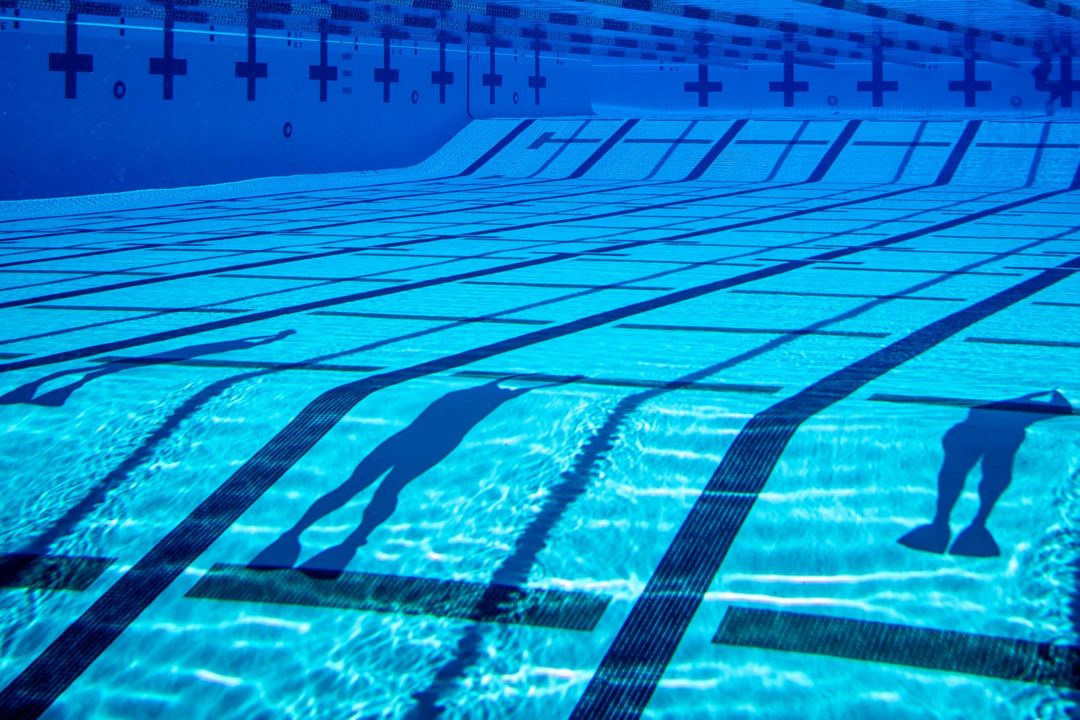Olga Pavlova, the vice-president of the All-Russia Synchronized Swimming Association, has been suspended for two years by the Russian Anti-Doping Association (RUSADA) for a violation of anti-doping rules. Besides her role with synchronized swimming, she has served as a coach in athletics (track & field), and as a deputy of the State Council of the Republic of Tatarstan.
The announcement by RUSADA cited a violation of clause 2.6 of the All-Russian Anti-Doping Rules. Those rules revolve around the possession by an athlete, or their support personnel, of a banned substance, as compared to a positive test. The disqualification took effect on August 4, 2022 and will run until August 3, 2024, and disqualifies her from any work in public sport, where she has built a substantial career.
This is a rare case where action has been taken against an administrator for an anti-doping rules violation rather than an athlete.
Correspondence regarding the suspension was handed down not by the synchronized swimming authority, but rather by the much-maligned All-Russian Federation of Athletics, meaning that it occurred in her function as a coach of athletics (track & field) rather than her role as an administrator.
Match TV, a Russian state-run sports media company, reports that she allegedly acquired banned substances from Yevgeny Evsyukov, an infamous name in Russia. He was a European and World Champion in race walking in the 1980s, and in 2007, after retirement, he was convicted of trafficking in banned substances oxadnrolone, trenbolone acetate, and testosterone propionate. He received 5 years of probation for those charges.
Then, in 2016, while coaching, he was given a four years suspension by RUSADA.
The timing of the alleged purchase of steroids is unclear, but statements by RUSADA indicate that it happened while she was an athletics coach.
Pavlova has been involved in the administration of sport at very high governmental levels in Russia, and independent Russian media is citing this as a “blow to Tatarstan and synchronized swimming.
In a statement, Pavlova defended herself.
“In the entire history of my coaching career, my students have not been disqualified, and neither they nor I have had claims from anti-doping organizations,” she said. “Of course, there are many questions to the document itself and to RUSADA, why questions arose for me 10 years after I stopped coaching.”
During Pavlova’s tenure as a part of the government of Tatarstan, the region has passed a number of anti-doping examples, including fines for athletes of up to 50,000 rubles ($827) for violations. She has also had a significant hand in spreading synchronized swimming both in Tatarstan and Russia.
The trickle-down impact of the decision on Pavolva’s career is massive. She is not able to work with any sports organization that receives any state funding.
Synchronized swimming is one of Russia’s most-successful sports ever, and especially in the last 20 years. From the 2009 through the 2019 World Championships, Russian athletes won gold medals in every women’s synchro event that they entered. Their top medalists Svetlana Romashina has a whopping 21 gold medals in her trophy case just from the World Championships. Russian athletes have also won every Olympic gold medal in synchronized swimming dating back to the 2000 games in Sydney.

She must not have been vocal enough in support of the “Special Military Operation.”